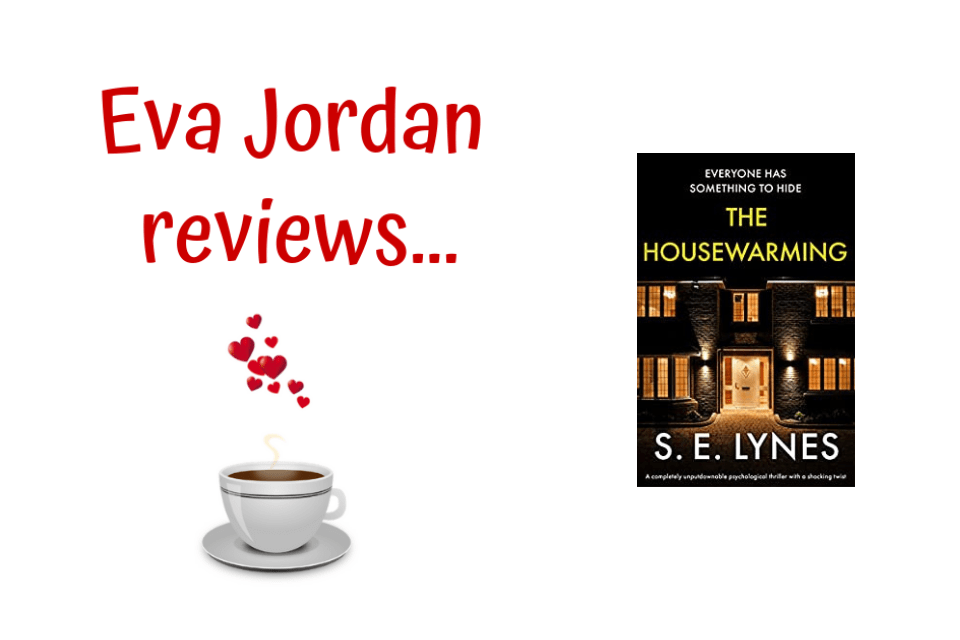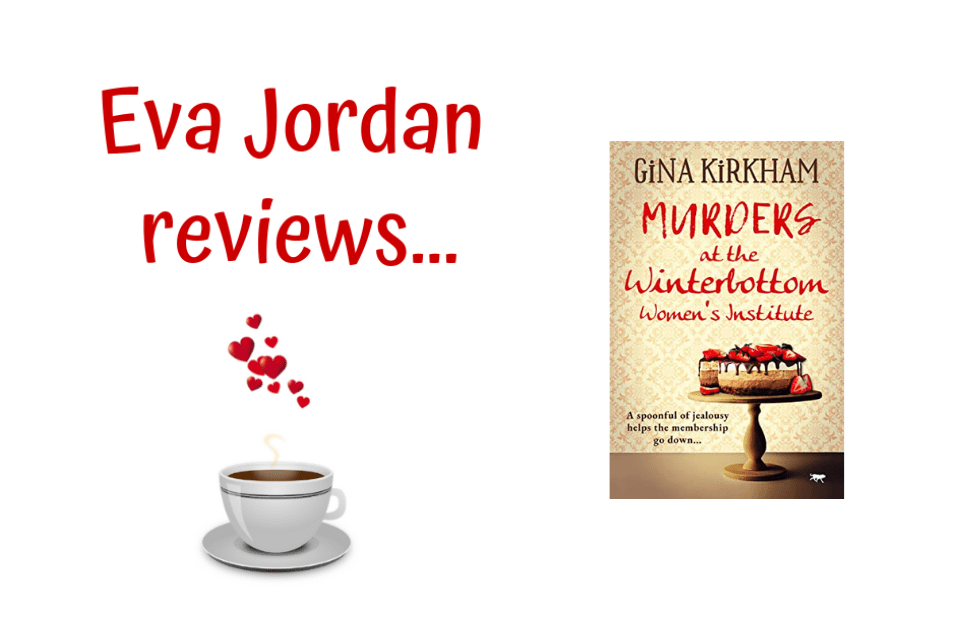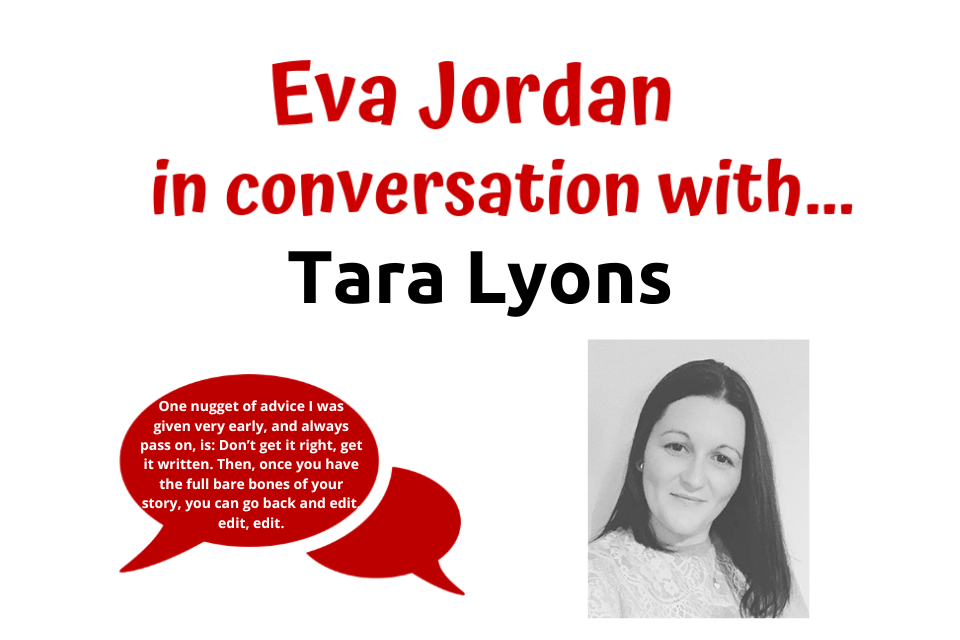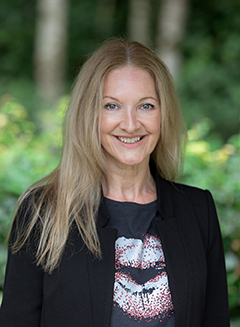Earlier this month I posted my review of the beautifully written, The Orphan of Ironbridge by the lovely Mollie Walton, otherwise known as Rebecca Mascull. Rebecca writes historical fiction and kindly agreed to do a Q&A with me.
Hi Rebecca, welcome, and thanks for chatting to me. Can you tell everyone a bit about yourself?
Hello! I’m an historical novelist and I write under two names: literary fiction as Mascull and saga fiction as Walton. I got my first publishing contract in 2012 and I’m editing Book 10 right now. I’m also a Fellow of the Royal Literary Fund, where I work with students on their academic writing at the University of Lincoln. I live by the sea in the east of England with my daughter and our cat. My partner is a French pastry chef, which means I also need to go to the gym regularly, or I’d be the size of a house.
Why do you write historical fiction, and if you haven’t already, would you ever consider writing in another genre?
Funnily enough, I wasn’t keen on history at school but I think this was down to the rather dull curriculum and not very inspiring teaching, perhaps. Since then, I became interested in history largely through movies, documentaries and novels. What’s fascinating to me is the contrast between how different it was to live in other times and yet also how similar people are throughout history. Some human characteristics remain the same, whatever age you live in. I love to look for those contrasts in my own writing, where we, as modern readers, can enjoy insights into the quirky ways of life that have gone and also recognise ourselves in people from the past. I definitely would love to write in other genres, as I read widely and enjoy all sorts of stories. In fact, right now, I’m trying out some planning for books in another genre as a bit of an experiment, but I can’t talk about it as it’s a secret…Shhhhh…
When carrying out research for your books, how important is it for you to physically visit places, buildings, and locations that inspire your stories?
It’s actually been very important to me from the beginning. For my first novel The Visitors, the main character lives on a Kent hop farm, so I visited one myself. My character was deaf and blind, so as I walked along the rows of hop bines, I reached out with my eyes closed and touched the young shoots of growth on the bines, to find that the stems were sticky and the shoots were so soft. If I’d never visited, I’d never have known that telling little detail and I think it’s such things that bring novels to life. Also I think that you get the feel of the soul of a place if you visit it, the specific atmosphere of it, which I definitely found when I stood on the bridge at Ironbridge and looked down the river Severn, imagining how it would’ve looked during the industrial revolution. I also try similar experiences as my characters, if I can. For example, when working on The Secrets of Ironbridge, which is partly about a strike at a brickyard, I met with a Shropshire brickmaker and actually made my own brick by hand. Also, I was able to fly in a light aircraft while I was writing The Wild Air. Both experiences gave me a hands-on knowledge of what I was writing about which improved the story no end. When I came back from flying, I rewrote all my flying scenes as they were all wrong. I had no idea of the fear of flying in a small aircraft or the joy that soon replaced it. It is worth saying, though, that such travels and experiences are not always possible and in that case, writers must use effective research and imagination to replace direct experience. As a single mum, I can’t afford to gallivant all over the world for research trips! And that’s fine too. Writers must do their best with the resources available to them.
And finally, what advice would you offer anyone thinking of becoming a writer?
I think the main characteristic that writers need is perseverance. As my very wise agent once said to me, Publishing is a long game. There will be many rejections and negative feedback along the way and writers need to develop an inner resilience. If I’d given up at each hurdle, I wouldn’t be making my living as a novelist today. Like many self-employed jobs, there’s no guarantees and it’s not an easy way to get by. My experience has been that developing a portfolio way of working is the best way to make a living in the writing world i.e. having a range of revenue streams. For example, writing under two names has enabled me to reach two different audiences. The writing world is a business and if you want to make a living out of writing you have to remember that. It’s not helped by the media perpetuating a myth that writers are all rich. I see this so often in movies and TV dramas featuring writers, with their summer houses by lakes and attending swanky parties all the time! The truth of it is that most UK writers earn less than the minimum wage from their writing alone. It’s very poorly paid in general. So every writer needs another job they can do to pay the bills – at least to begin with – unless they have other financial support they can rely on. I don’t want to come across as negative, rather, as realistic. Taking all that into account, it’s the best job I can picture. Being paid to think up characters, settings and plots and create something new every day is a wonderful way to make a living. I’m doing what I love and I wouldn’t want to do any other job, if I can help it.
Thanks so much for your questions and inviting me, Eva! Much appreciated.
If you’d like to know more about the lovely Rebecca, who recently celebrated 10 years in the business, click on the links below.
https://molliewalton.co.uk/
https://www.facebook.com/RebeccaMascull
https://www.facebook.com/MollieWaltonbooks
https://www.instagram.com/beccamascull/
https://www.tiktok.com/@beccamascull
Twitter: @rebeccamascull












